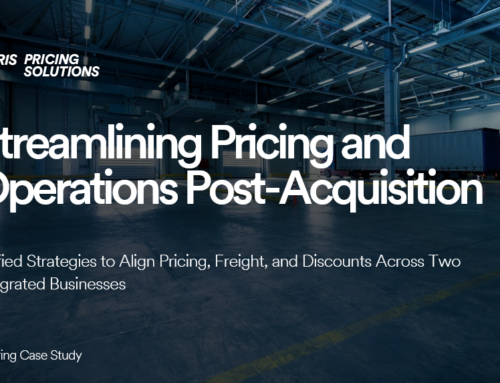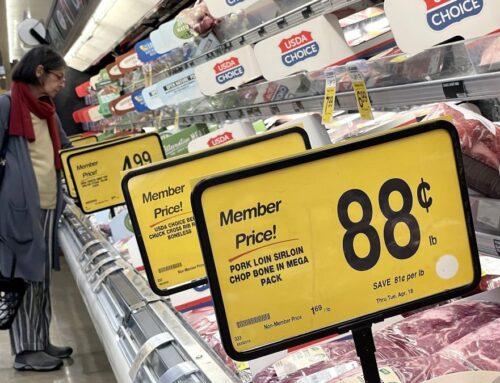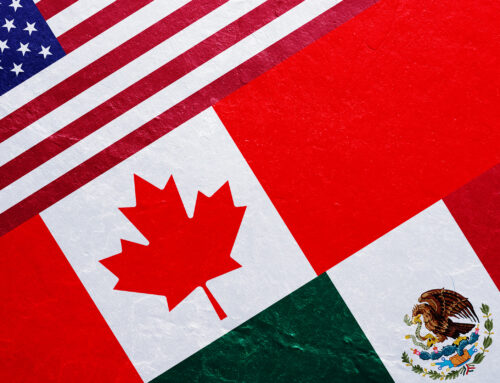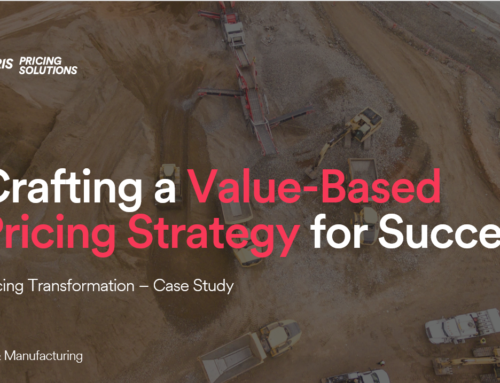by Paul Hunt – President
An increasing number of clients have been evaluating the Groupon pricing model and trying to assess whether it is right for their business. This is a difficult question that often leaves high-level executives perplexed. In order to make an informed decision, it is essential that you approach this decision in a process-oriented manner.
Step #1 – Brand Assessment
How established is my brand? Obviously, if you are totally new to the marketplace and have little funds to advertise, this service may make sense. There is not a week that goes by that you do not see companies like “Chez Pierre Cafe” being promoted. With Groupon’s massive advertising reach and related volume impact, what could be better?
However, if you are an established market player substantially more risk exists. Your existing customer base is used to paying full price, at best your savvy loyal customers will feel cheated at worse they will begin to question your regular price structure and push for concessions. Depending on the success of the promotion and how sophisticated your competitors are, you also run the risk of depreciating prices in the market when others try to win back lost volume. Finally, depending on the positioning of your brand and the related value equation, you could cause long-term damage to your offering.
Step #2 – Financial Assessment
Usually, Groupon deals are very attractive, with retailers offering discounts from 30 to 50%+. In addition to the discount paid by retailers, Groupon keeps roughly half of the revenue it collects from selling the coupon. Assuming you offer a 50% discount on Groupon, this would entail that you realize a mere 25% of a regular price sale. As such, only high margin businesses (or businesses with open capacity) will make money during a Groupon (promotion). Of course, this profit picture drastically changes if retailers are able to up sell and cross sell customers once they are onsite.
Step #3 – Long-Term Returns
So what happens if you do not fall in the enviable position of having high margins – is Groupon not for you? Well not exactly, a lot of apt marketers and salespeople will make the case that the promotion will attract incremental long-term customers. To evaluate this look to historical data. When have you run promotions in the past how successful were you in generating long-term customers?
Intuitively, do you have an offering that will capture repeat customers after an initial trial? How many competitive offers are available? Remember this customer came to your door based on a price promotion which sets their reference price; before they buy again they will most likely evaluate the market.
Step #4 – If you decide to leap measure, measure and measure some more
It is important that the measurement of the effort go beyond the discount duration to truly measure the long-term impact. Did customers stop buying for 3 months after the offer ended, i.e. we pulled ahead sales? Did we ever see Groupon customers again? Did we get any service complaints due to lack of capacity? What was the impact on our loyal customers? The list of questions goes on and on making it essential to have an upfront measurement plan in place.
Although Groupon pricing model, or any other model focused on deep promotion, can be very seductive from a sales perspective, it is important that executives treat the effort as any other promotion and undertake a detailed analysis before electing to proceed.
Avy Punwasee is a Senior Consultant with Pricing Solutions, an international pricing strategy consultancy dedicated to helping clients achieve World Class Pricing competency. Pricing Solutions publishes a monthly pricing column in the FP Executive. They also write for the Pricing Solutions Club.





